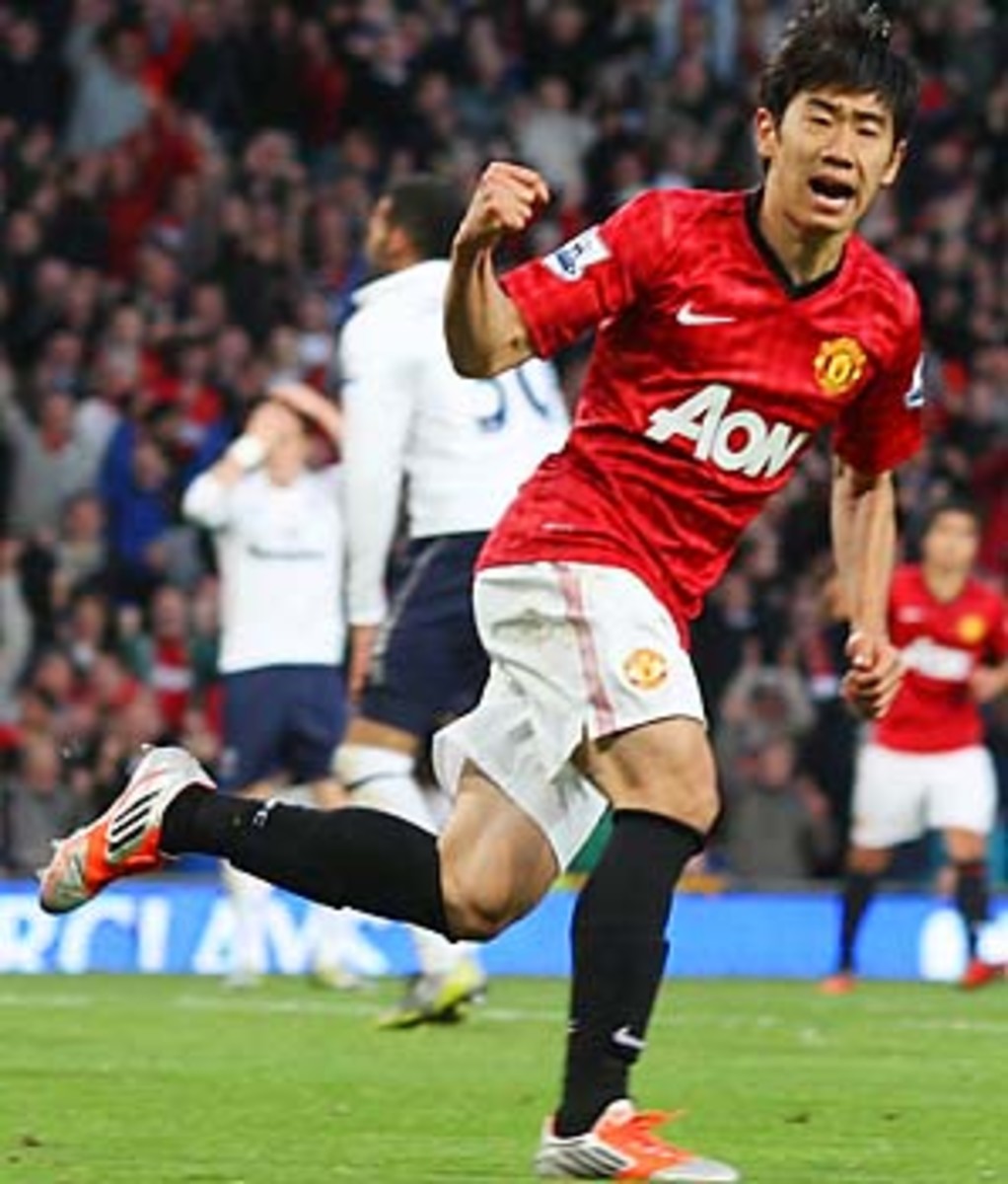Japan steps out of Asia for friendly tests against France, Brazil
Fans of the Samurai Blue insist that the national team is capable of doing something special at the 2014 World Cup. Wins at home earlier this year against opposition such as Iceland and Azerbaijan don't really help to spread that message, but France in Paris on Thursday and then Brazil in Poland five days later? That would be different. As the Olympics demonstrated with a 1-0 win over Spain, gone are the days when Japan plays against the traditional powerhouses of world soccer hoping just to survive.
The Asian champion is cruising smoothly along the road to Brazil 2014 and will virtually, if not mathematically, seal a place at a fifth successive World Cup with three games of qualification to spare should it win in Oman in November. The meetings with France and Brazil are not for experimentation; they are two prestigious friendlies and a chance for a test against the very best.
The last meeting with Brazil was a depressing 4-1 loss that ended Japan's 2006 World Cup in the group stage. The record against France is no better -- five games have seen three defeats and two draws, four goals scored and 14 conceded -- though the last meeting was in 2003.
Japan coach Alberto Zaccheroni, who took the job in the summer of 2010, would love nothing more than a return to his home continent to show what his team is capable of.
"Playing strong teams from Europe or South America gives Japan valuable experience for the improvement of the team,"said Zaccheroni, the former Juventus, Milan and Inter coach. "There are not many big changes to the squad, but picking it was difficult. There are more players who I wanted to call up. It shows the depth in Japanese soccer."
With no qualification games for Japan this month, it makes sense to head to Europe. It can be hard to attract top-class opposition to East Asia, and then there is the fact that a growing number of Japanese players are already there. Of the 23 named by the coach, who encourages his players to head west, 13 are playing in Europe. Shinji Kagawa is now a star at Manchester United, but also in England are Ryo Miyaichi, the teenager at Wigan Athletic on loan from Arsenal and new Southampton central defender Maya Yoshida. Yuto Nagatomo is a defender for Inter Milan in the Serie A.
There is also a sizeable Bundesliga contingent with six of the 10 Japanese players in the German top tier selected, including Hiroshi Kiyotake, the attacking midfielder impressing at Nuremberg and Eintracht Frankfurt's new star, Takashi Inui. Neither are regulars for the national team. Zaccheroni is right when he talks about strength in depth.
Then there is Keisuke Honda. A strong belief in his own talent, the blond bombshell has watched from the sidelines at CSKA Moscow as Kagawa has been feted in the traditional heartlands of European soccer. With all the attention on the Manchester United man, Honda is no longer the big star when the national team gathers. As far as the Tokyo media has been concerned of late, Kagawa is the national team.
Honda is reportedly keen to leave Russia, but the club is not yet ready to say goodbye. German clubs have found that buying Japanese talent from their J-League counterparts to be cheap and easy, but the opposite is true when dealing with Russian teams. The likes of Manchester United, Arsenal and Lazio have been interested, the Italians seriously so, but still Honda remains in Moscow. That is surely set to change in the next transfer window or two. A couple of good performances against France and Brazil would jog memories and increase options.
There is one positive. If Honda is stuck in a rut in Russia, he is happy to be in the hole on the field. Kagawa likes to play just behind the striker as he has demonstrated in the English Premier League, yet for his country he plays on the left. He is not a fan of the position but said in the summer, "Obviously I always want to play in the hole, but no matter what I say the situation isn't going to change. That's the way it goes and basically I just have to deliver results in whichever position I am played in."
He didn't do that in a September friendly against United Arab Emirates and was substituted at halftime. A subsequent slight back injury kept him out of the qualifier with Iraq a few days later. This is his first chance to put that disappointment behind him.
It is also a chance for Japan to show how far it has come since 1998.





